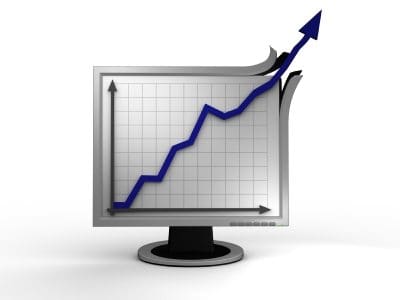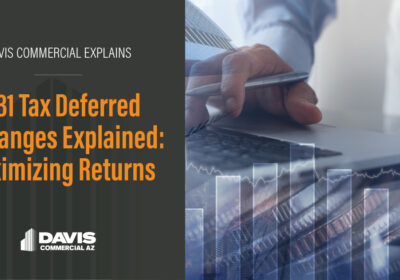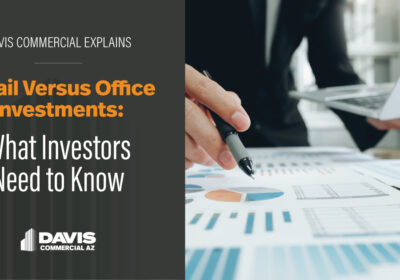The Business Cycle and Buying a Home

 Recession and Expansion
Recession and Expansion
There are times when the economy is brisk and everyone feels confident about his or her prospects for the future. As a result, they spend money. People eat out more, buy new cars, and….
…they buy new homes.
Then, for one reason or another, the economy slows down. Companies lay off employees and consumers are more careful about where they spend money, perhaps saving more than usual. As a result, the economy decelerates even further. If it slows enough, we have a recession.
During such a time, fewer people are buying homes. Even so, some homeowners find themselves in a situation where they must sell. Families grow beyond the capacity of the home, employees get relocated, and some may even find themselves unable to make their mortgage payment – perhaps because of a layoff in the family.
Supply and Demand
When the supply of available houses is greater than the supply of buyers, appreciation may slow and prices may even fall, as happened in the early eighties and the early to mid-nineties.
If you are lucky enough to purchase a home during a slow period, you can be reasonably certain the economy will begin to show strength again. At times, real estate values may even surge drastically. In many regions of the country, this is precisely what occurred in the late eighties and nineties.




